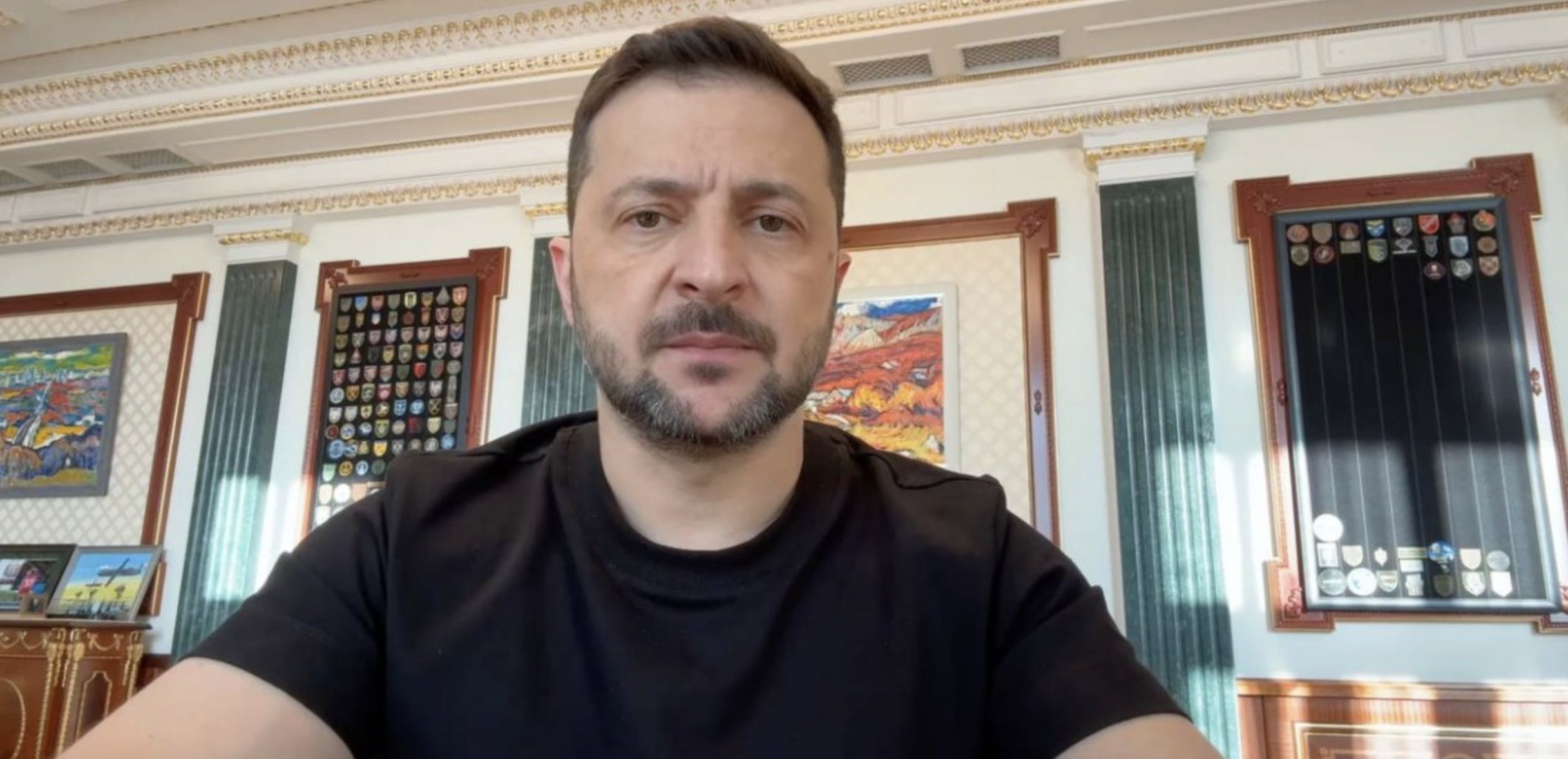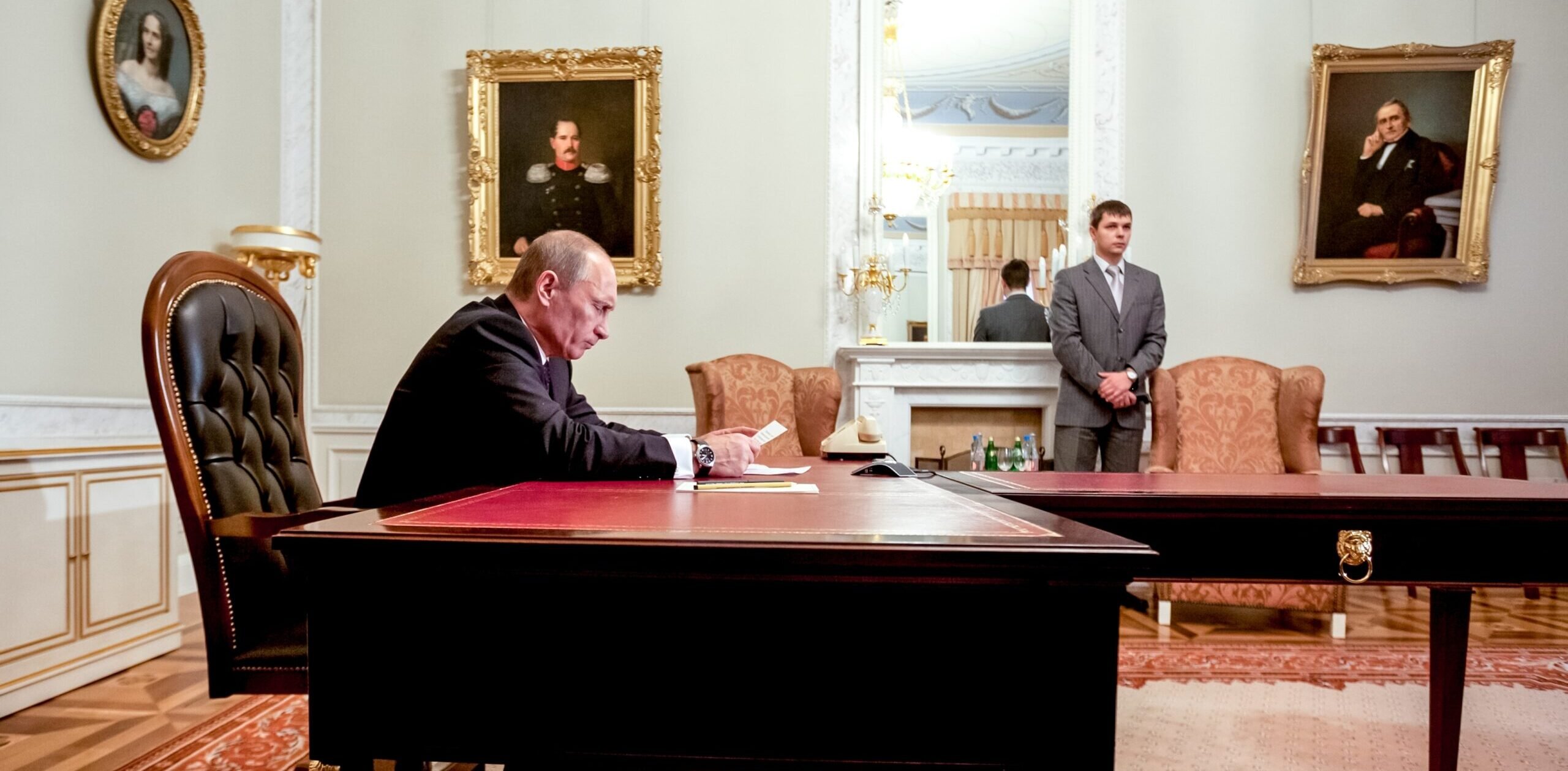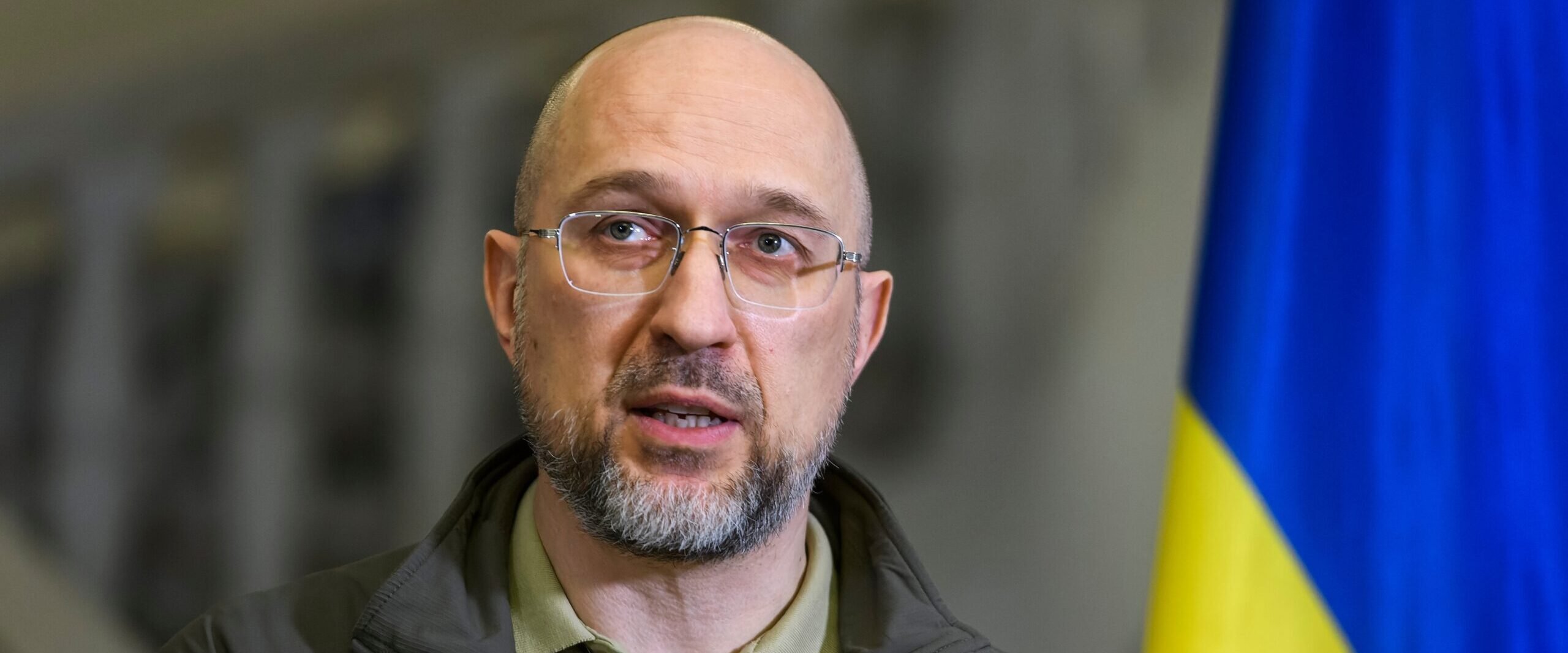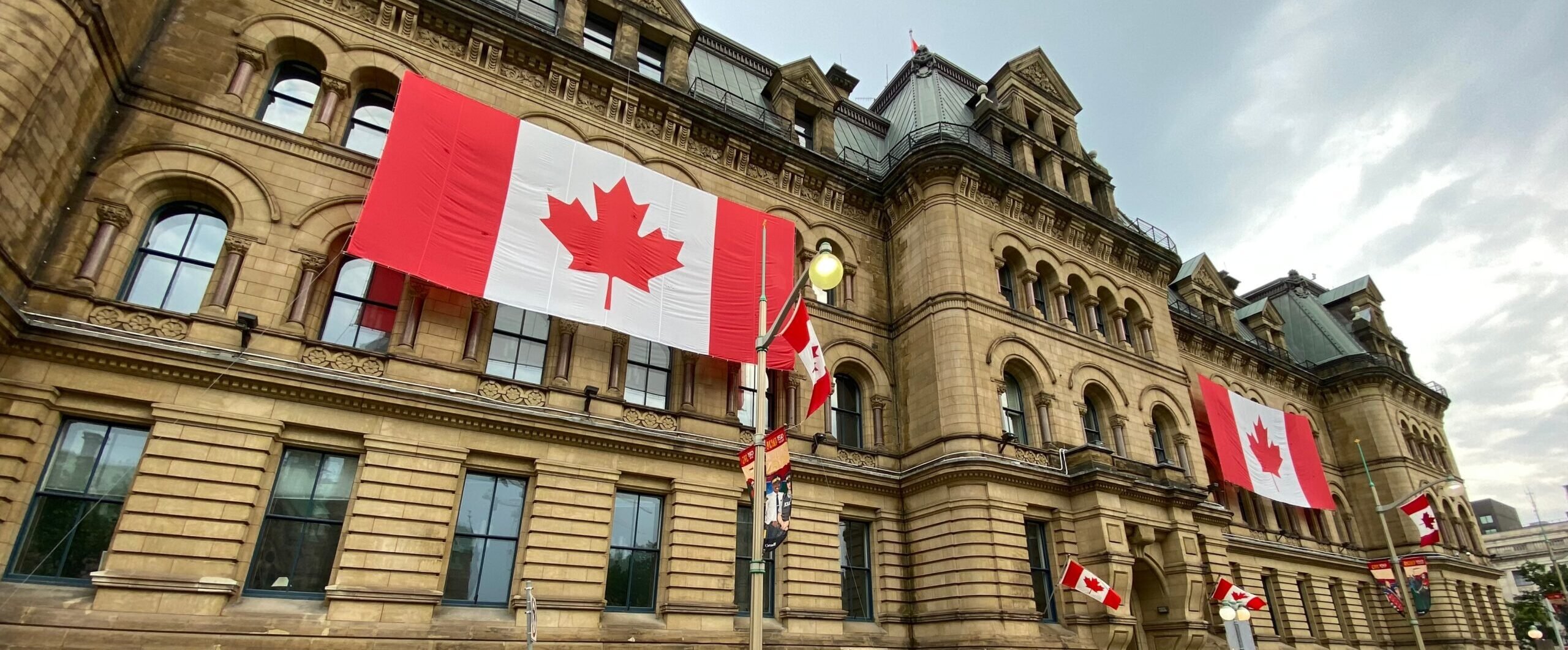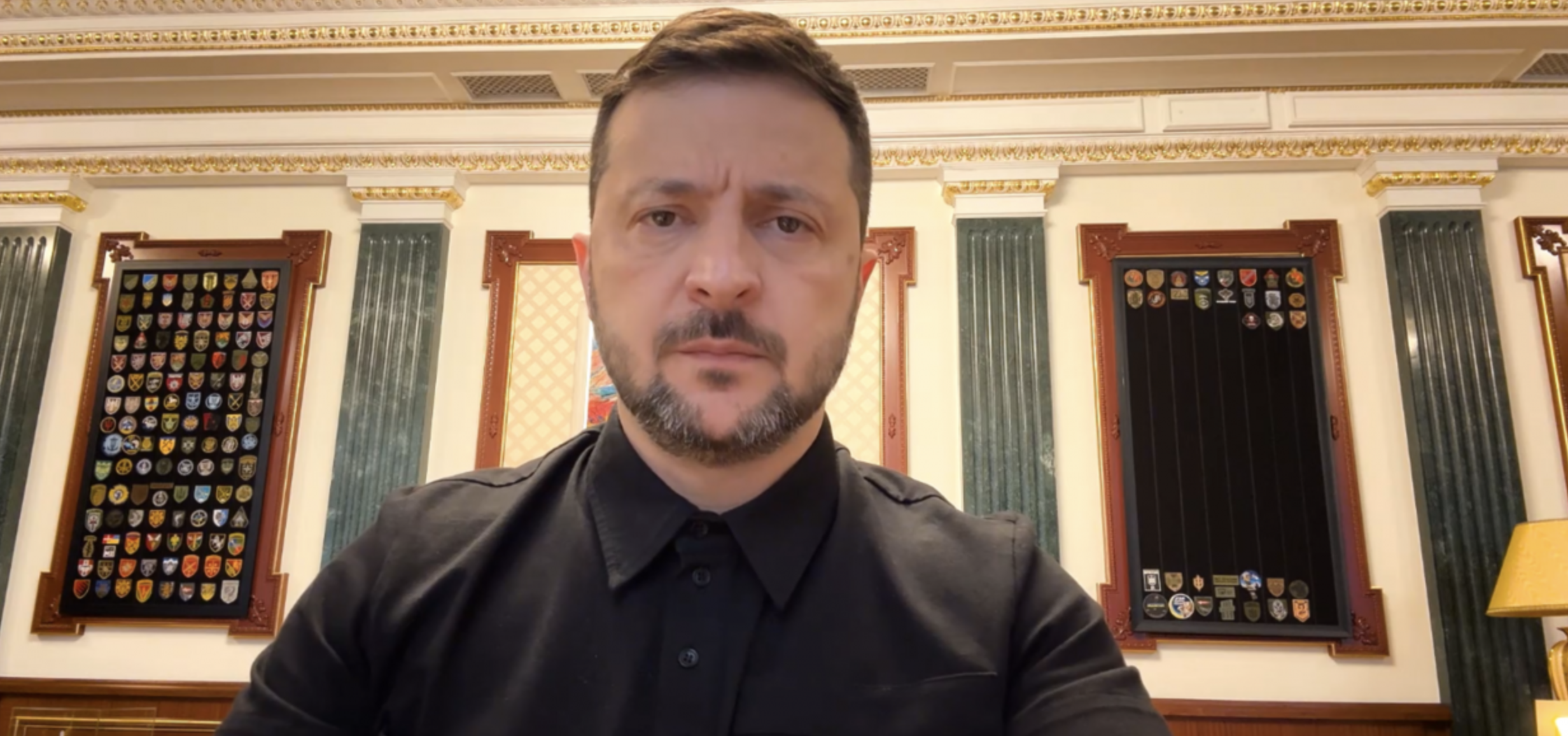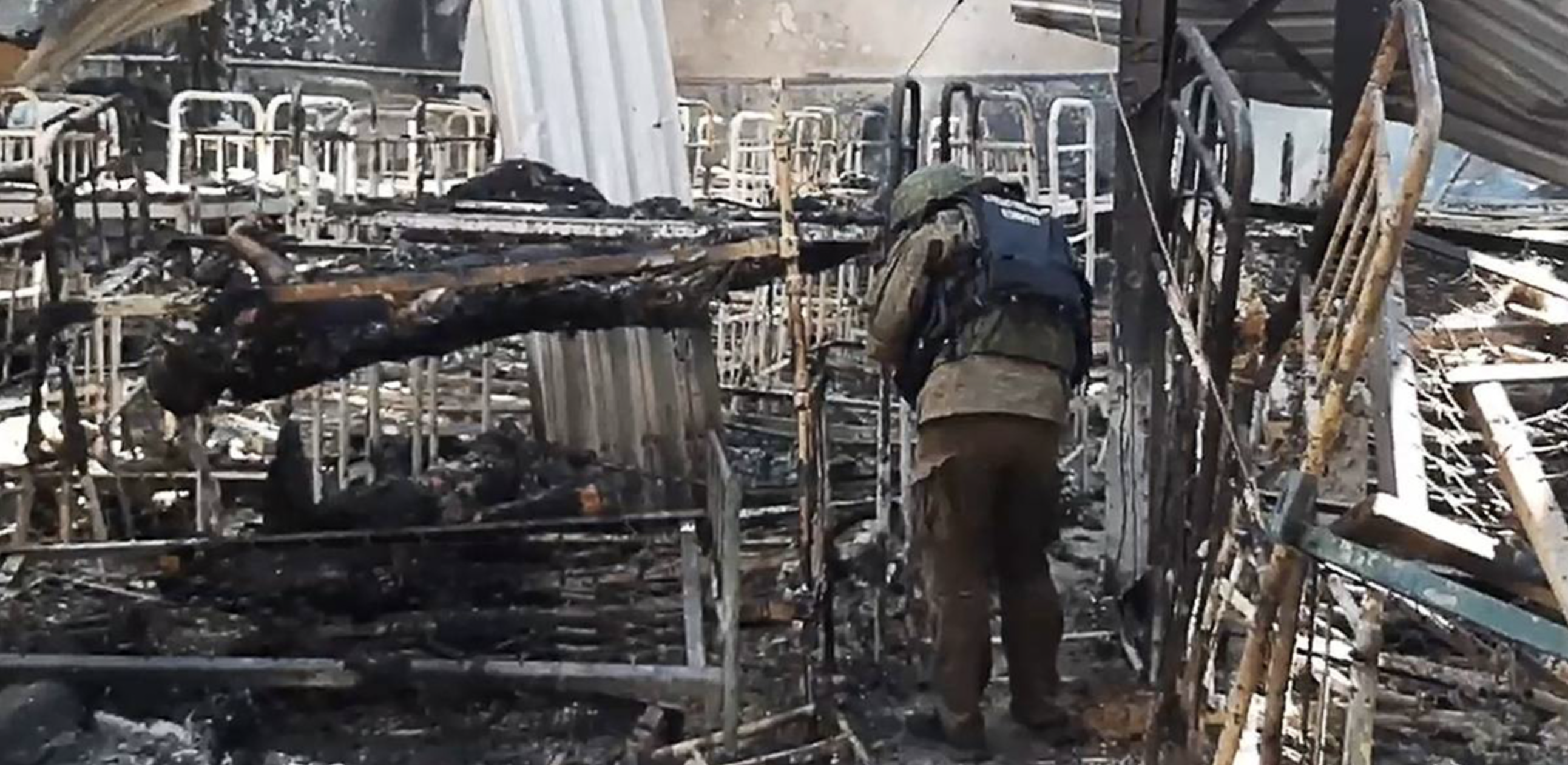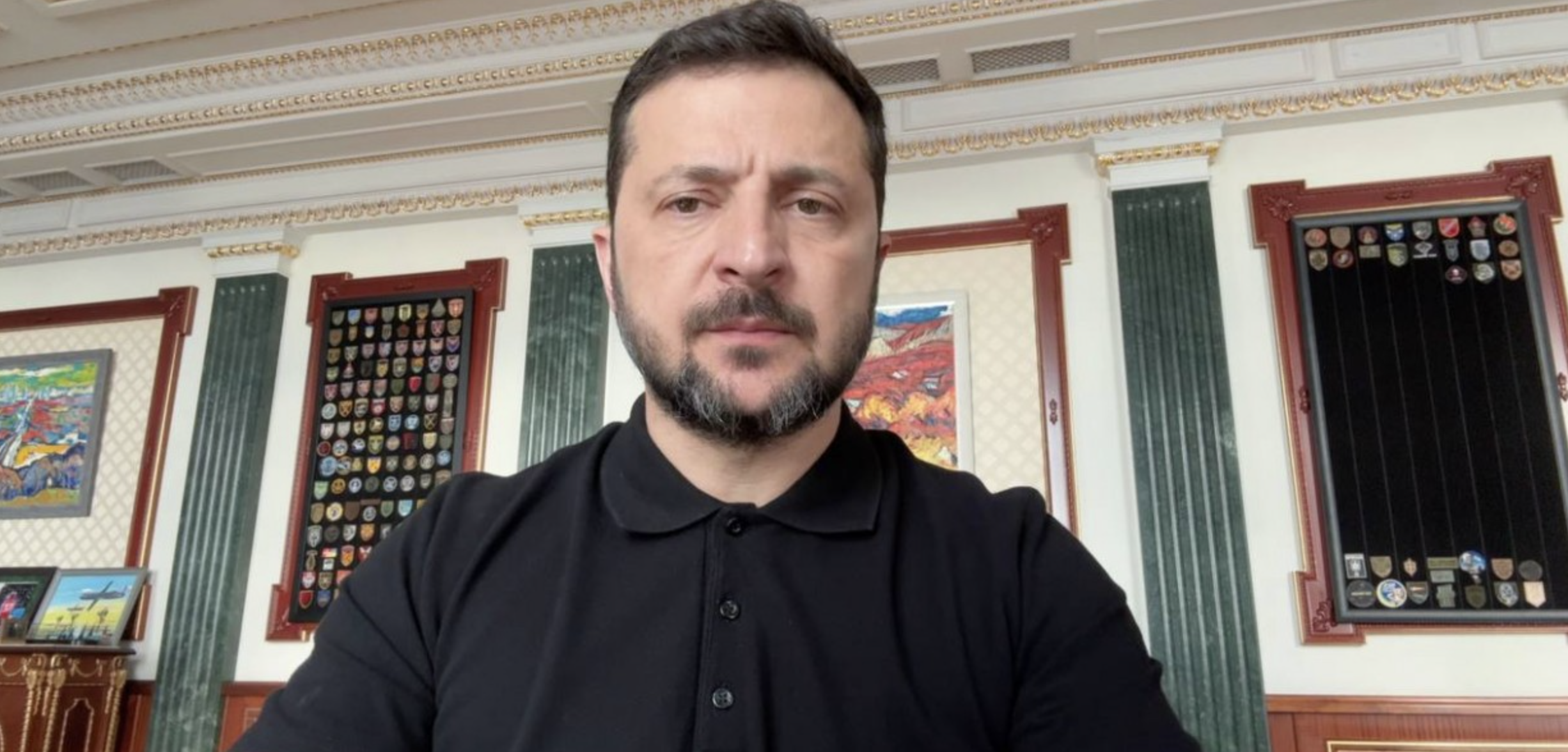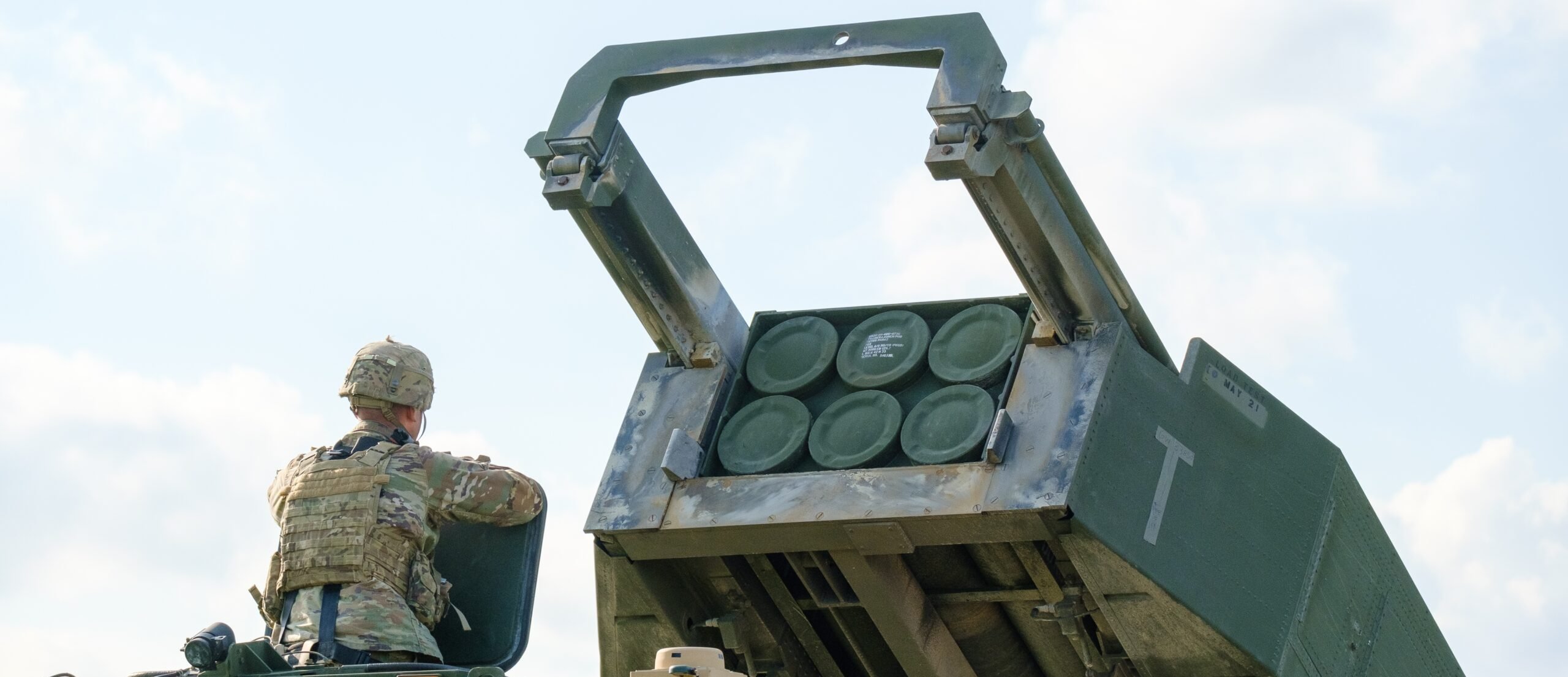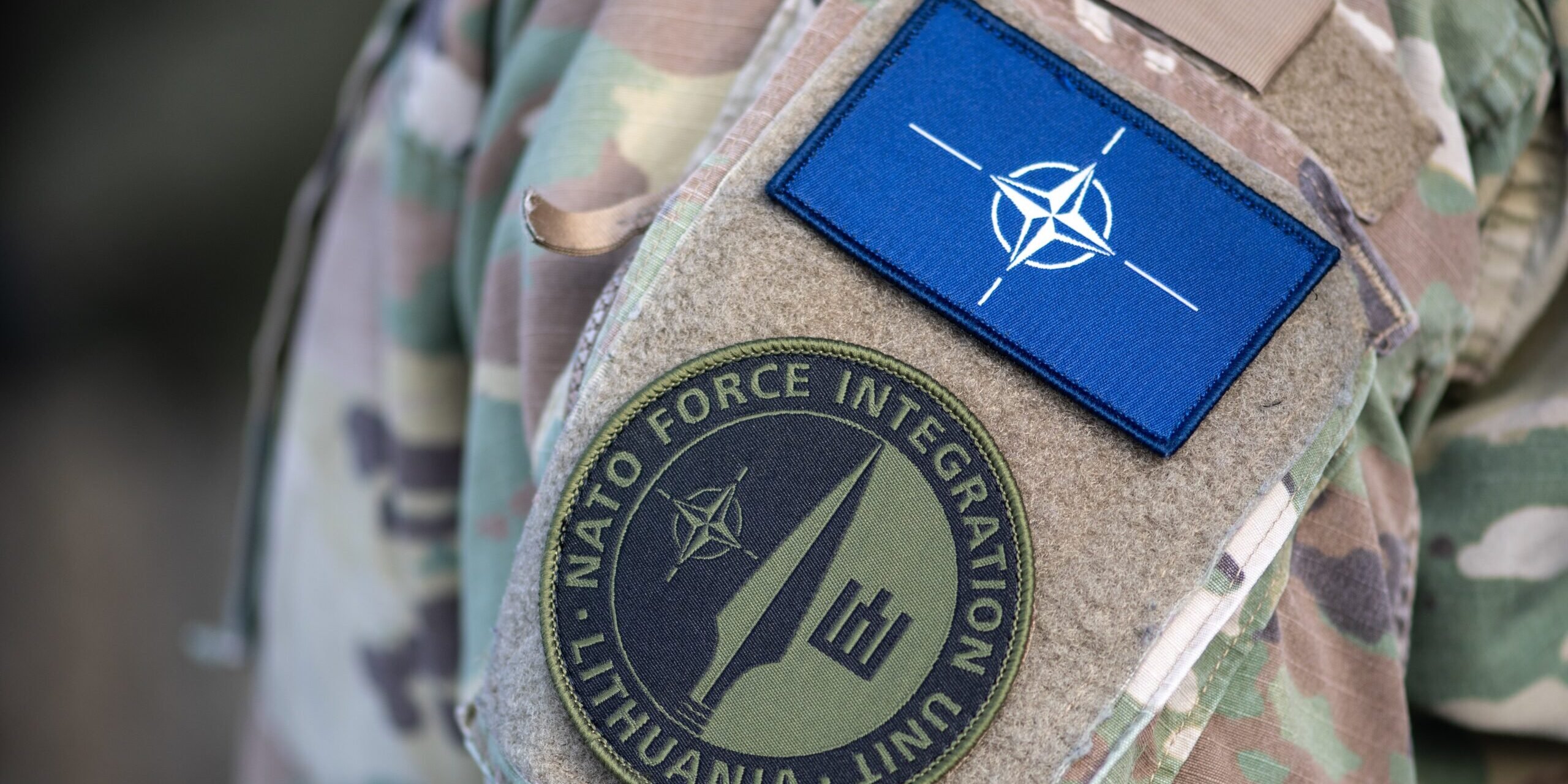

Dr Michael Lawriwsky, an Australian academic and writer of Ukrainian descent, a business consultant, former Chair of the Ukrainian Studies Foundation at Monash University, and former editor for the Australian Ukrainian Review.
Source: Australian Institute of International Affairs
The view that Russian aggression towards Ukraine is driven solely by the goal of maintaining its neutrality as a buffer state must ignore certain realities. Its most important omission is that Russia’s military actions and the genocidal tactics employed against Ukrainians align with a broader historical narrative of reasserting dominance over regions seen as integral to Russian identity.
In a recent article in Australian Outlook, Tom Switzer, the executive director of the Centre for Independent Studies (CIS), asserted that Russia’s “strategic objective” in the Russian-Ukrainian War “is to annex some Ukrainian territory and badly weaken the country so it cannot join NATO.”
No evidence was provided for the hypothesis that a “badly weakened Ukraine” could not join NATO. Even if Ukraine were ground to an exhaustive stalemate and agreed to territorial concessions that kept it divided, it would still by definition (i.e. the fact that Russia had not overrun it) have a stronger military than many current NATO members. All that would be required for Ukraine’s NATO membership is the political will of other NATO states. Furthermore, West Germany was “weak and divided” in 1955 when it was accepted into NATO—because it was a strategic imperative. It didn’t lead to nuclear war, but instead acted as an effective deterrent on the USSR. Had Ukraine been a member of NATO in 2014, Russia would likely not have invaded either. The only reason that Russia feared NATO expansion was that it would have denied Russia the option to invade Ukraine.
What Tom Switzer and others holding the view that the current war is “NATO’s fault” do not appear to understand is that Russia was never going to be satisfied with just Ukrainian “neutrality.” Putin always sought Ukraine’s complete subjugation and ultimate incorporation into the Russian state. A Russian war on Ukraine was being waged since the 1990s using soft power techniques, including corrupt gas contracts, promotion of traitorous oligarchs like Viktor Medvedchuk and his TV stations, support for the FSB-laden Russian Orthodox Church in Ukraine, and the infiltration of Ukrainian institutions and security apparatus by Russian agents.
With two and a half years of hindsight, Switzer’s idea that “Russian armed forces lack the military power to conquer Ukraine” cannot support his position that this war was never about imperial conquest. That view is undermined by the fact that Russian TV expected Ukraine to fall in 72 hours, as did the White House, top US generals, German ministers, and the invading Russian forces who brought their dress uniforms with them. That Vladimir Putin’s anger over the bungled invasion was unleashed in an extensive purge of military and security services leaders in March 2022 suggests he held the same view.
Russia’s apparent indifference to Sweden’s and Finland’s accession into NATO, which materially increases the NATO border with Russia and places Saint Petersburg much closer to NATO, testifies that “NATO expansion” was never the real issue. Russia’s leaders never believed NATO would invade their sovereign territory and that was the correct view (even though Ukraine outside of NATO has now been forced to). When Sweden and Finland joined NATO in what some observers considered an “escalatory move,” Russia responded by shifting military units away from the Finnish border to its invasion forces in occupied Ukraine. That’s how concerned Russia’s leadership is about “NATO encirclement.”
Cover: Shutterstock

